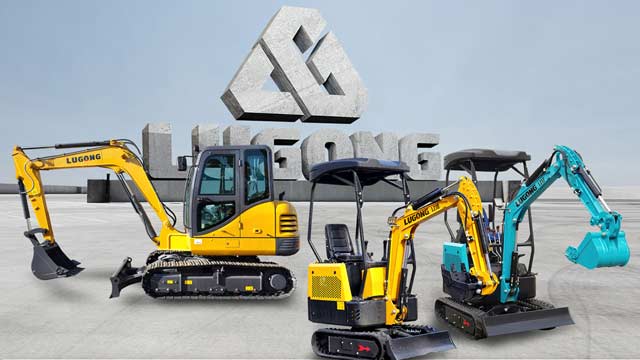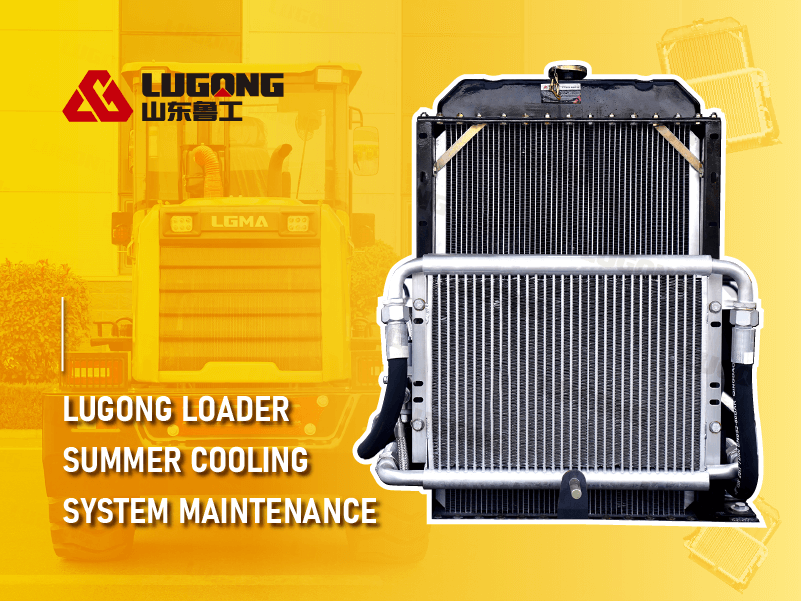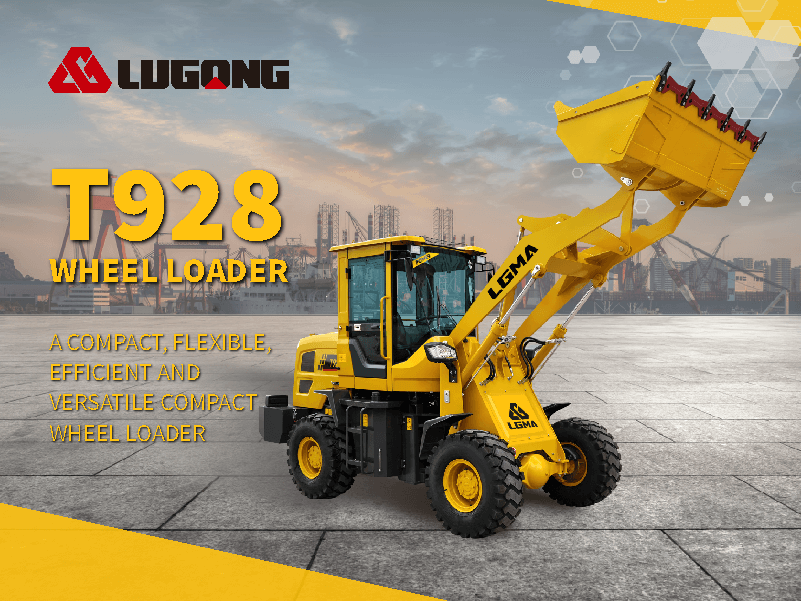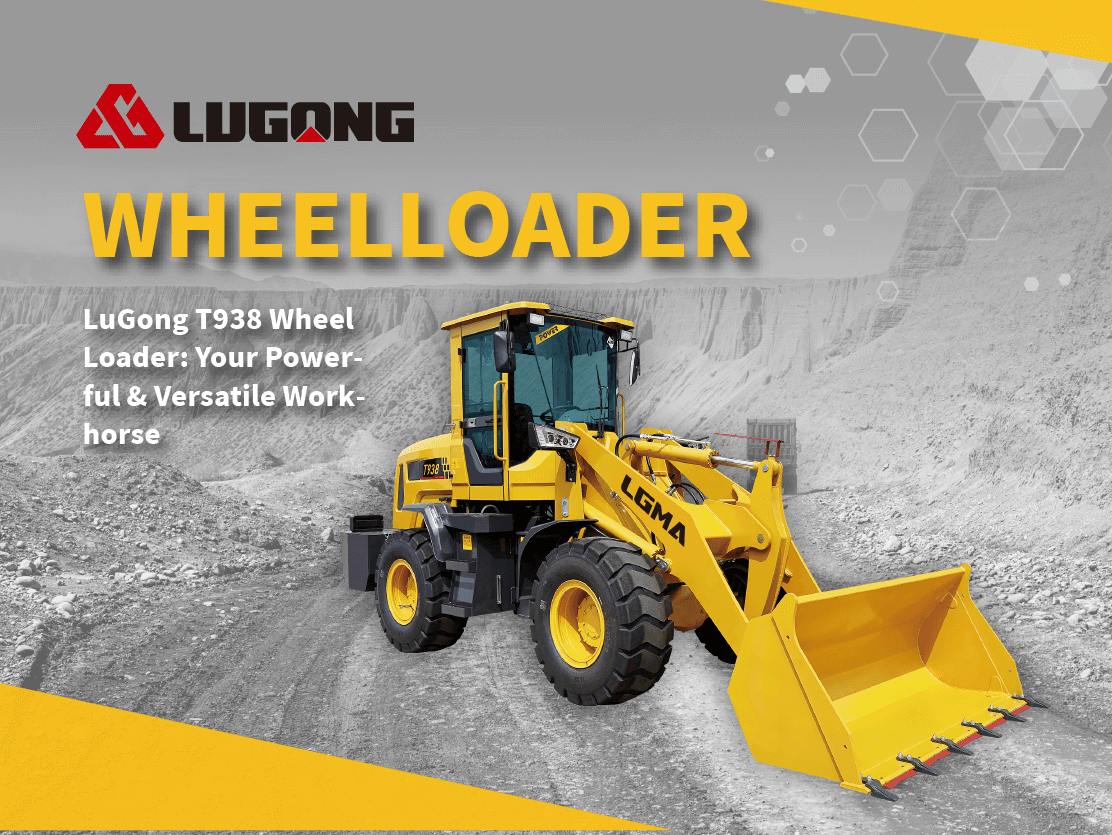What is the history of mini excavators?
Introduction to the History of Mini Excavators
Mini excavators, also known as compact excavators, have a rich history that dates back several decades. These compact and versatile machines have revolutionized the construction and excavation industry, offering increased efficiency and productivity. Let’s explore the timeline of mini excavators and how they have evolved over time.

1960s: The Birth of Mini Excavators
The concept of mini excavators originated in the 1960s when manufacturers began experimenting with compact hydraulic-powered machinery recognized the need for smaller and more maneuverable machines for construction and excavation projects. Companies like JCB and Kubota were among the pioneers in developing mini excavators during this period. These early models were typically equipped with hydraulic systems and featured a compact design and were primarily used for light construction work and utility projects.
1970s: Advancements in Technology
During the 1970s, mini excavators underwent significant technological advancements. Manufacturers started incorporating hydraulic attachments, such as buckets and breakers, which enhanced the versatility and functionality of these machines. The introduction of hydraulic systems not only improved digging capabilities but also made operations smoother and more efficient.
1980s: Mini Excavators Gain Popularity
The 1980s witnessed significant advancements in mini excavator technology. Manufacturers started incorporating improved hydraulic systems, enabling higher digging forces and increased efficiency. Additionally, the introduction of compact diesel engines resulted in more power and improved fuel economy. Their compact size and maneuverability made them ideal for urban construction projects and residential areas with limited space. As a result, manufacturers began offering a wide range of attachments, including augers, grapples, and hydraulic thumbs, expanding the versatility of these machines.
1990s: Enhanced Features and Comfort
In the 1990s, manufacturers focused on enhancing the comfort and convenience of mini excavators. Cab designs were improved to provide better visibility and operator comfort. Controls became more user-friendly, allowing operators to navigate the machines with ease. Additionally, advancements in engine technology resulted in increased power and fuel efficiency, making mini excavators even more appealing to the construction industry.
2000s: Mini Excavators Go Green
With growing environmental concerns, the 2000s saw manufacturers prioritize eco-friendly features in mini excavators. Many models were equipped with emission control technologies to reduce carbon footprint. Fuel-efficient engines were introduced, minimizing the environmental impact while maximizing productivity. These “green” mini excavators gained popularity among contractors and construction companies striving for sustainable practices.
Now: Continued Innovation
In recent years, mini excavators have continued to evolve with advancements in technology. With the advent of advanced electronic systems, mini excavators now feature intelligent control panels, GPS tracking, and remote monitoring capabilities. The introduction of electric-powered mini excavators has further propelled the industry towards eco-friendly solutions.
Future Prospects:
Looking ahead, the future of mini excavators seems promising. Industry experts predict further advancements in battery-powered and autonomous mini excavators, reducing carbon footprint and increasing automation. These machines are expected to revolutionize the construction industry, offering increased efficiency, reduced operating costs, and improved safety.
The History of Mini Excavators–Conclusion:
The history of mini excavators is a testament to human ingenuity and the constant drive for innovation. From their humble beginnings in the 1960s to the technologically advanced machines of today, mini excavators have come a long way. As the demand for compact and versatile machinery continues to grow, mini excavators are poised to play a pivotal role in shaping the future of construction and landscaping industries.


